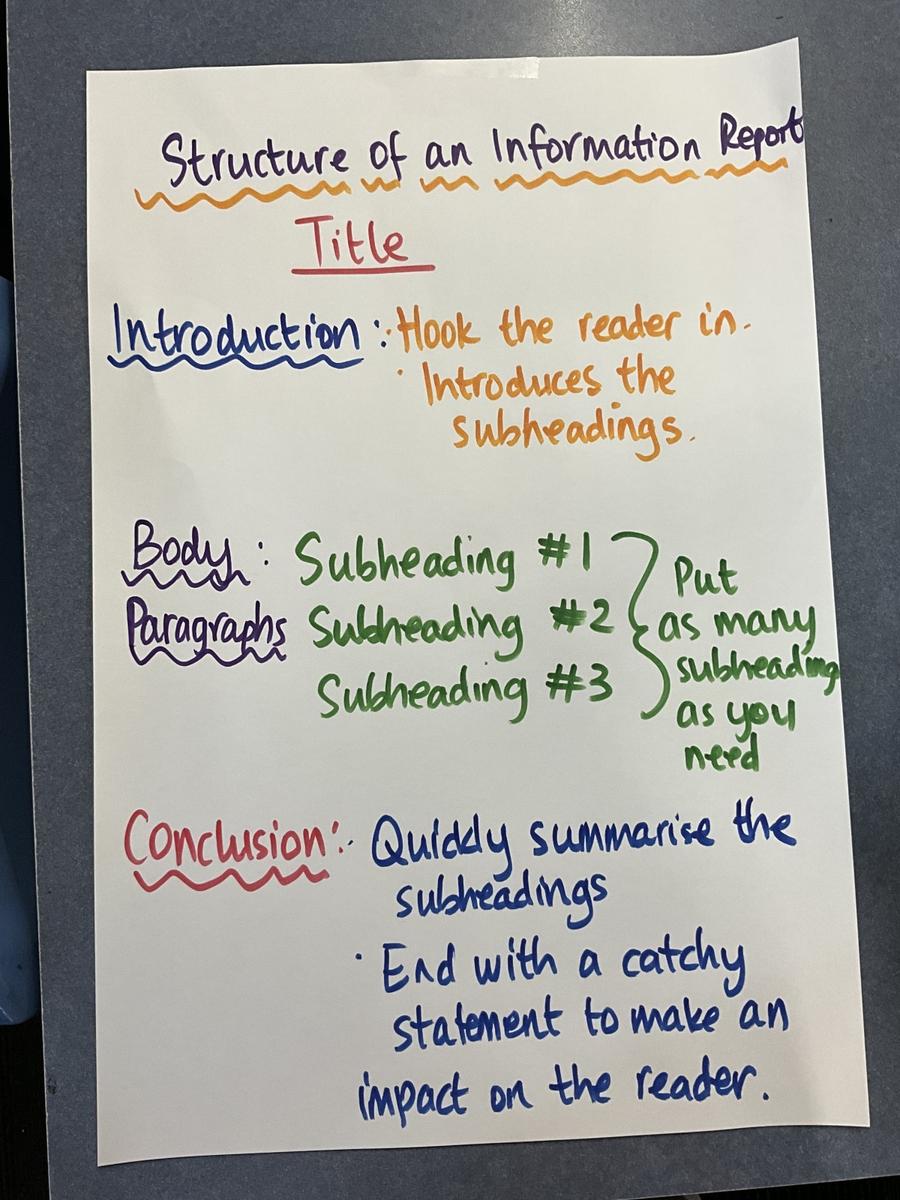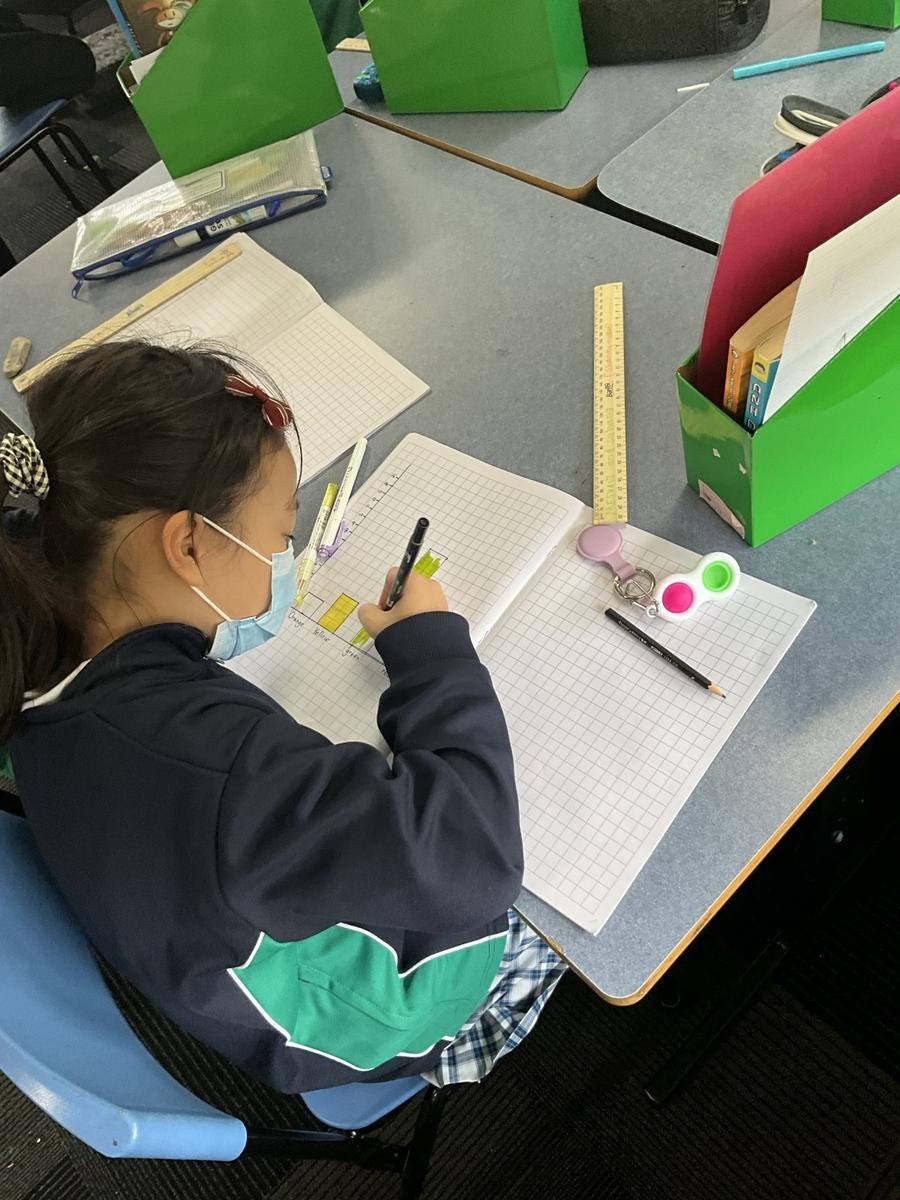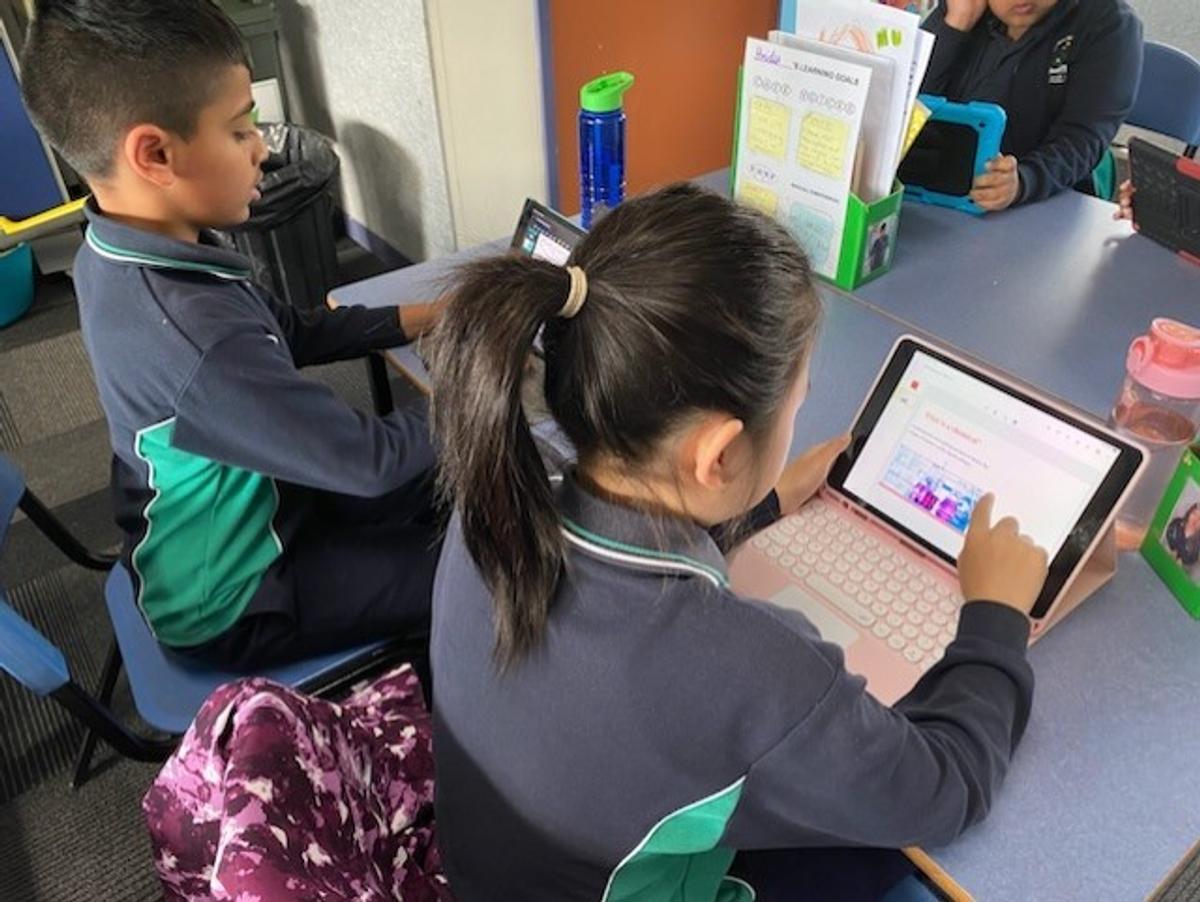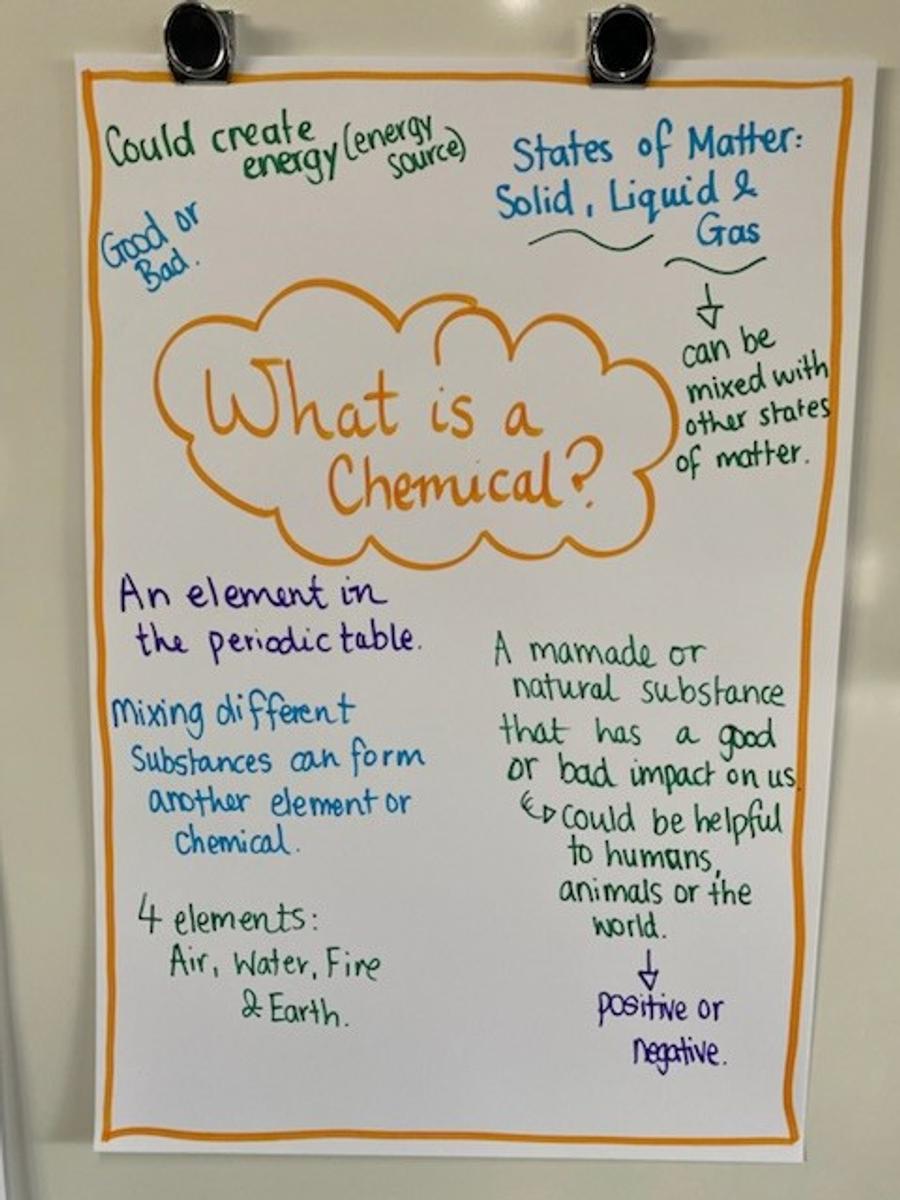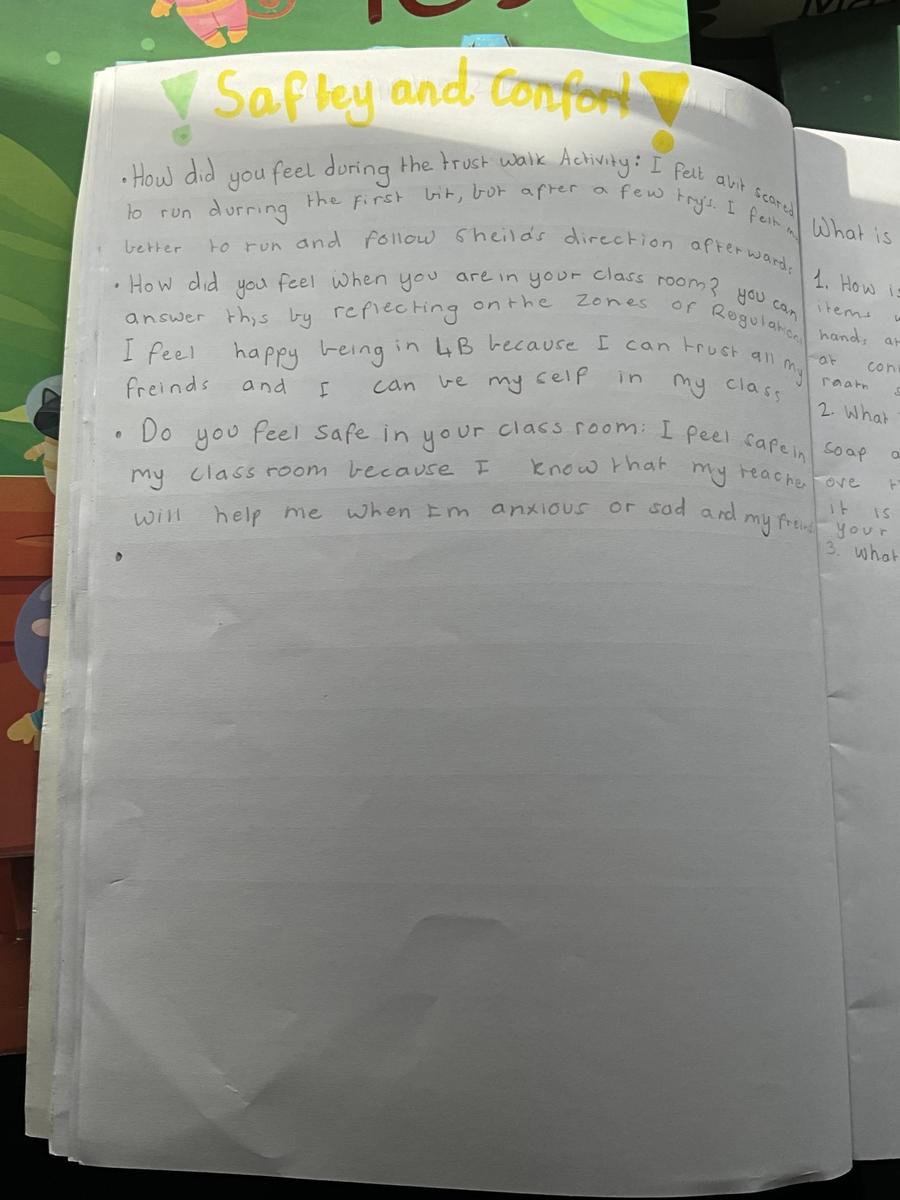Term 2 – Level 4
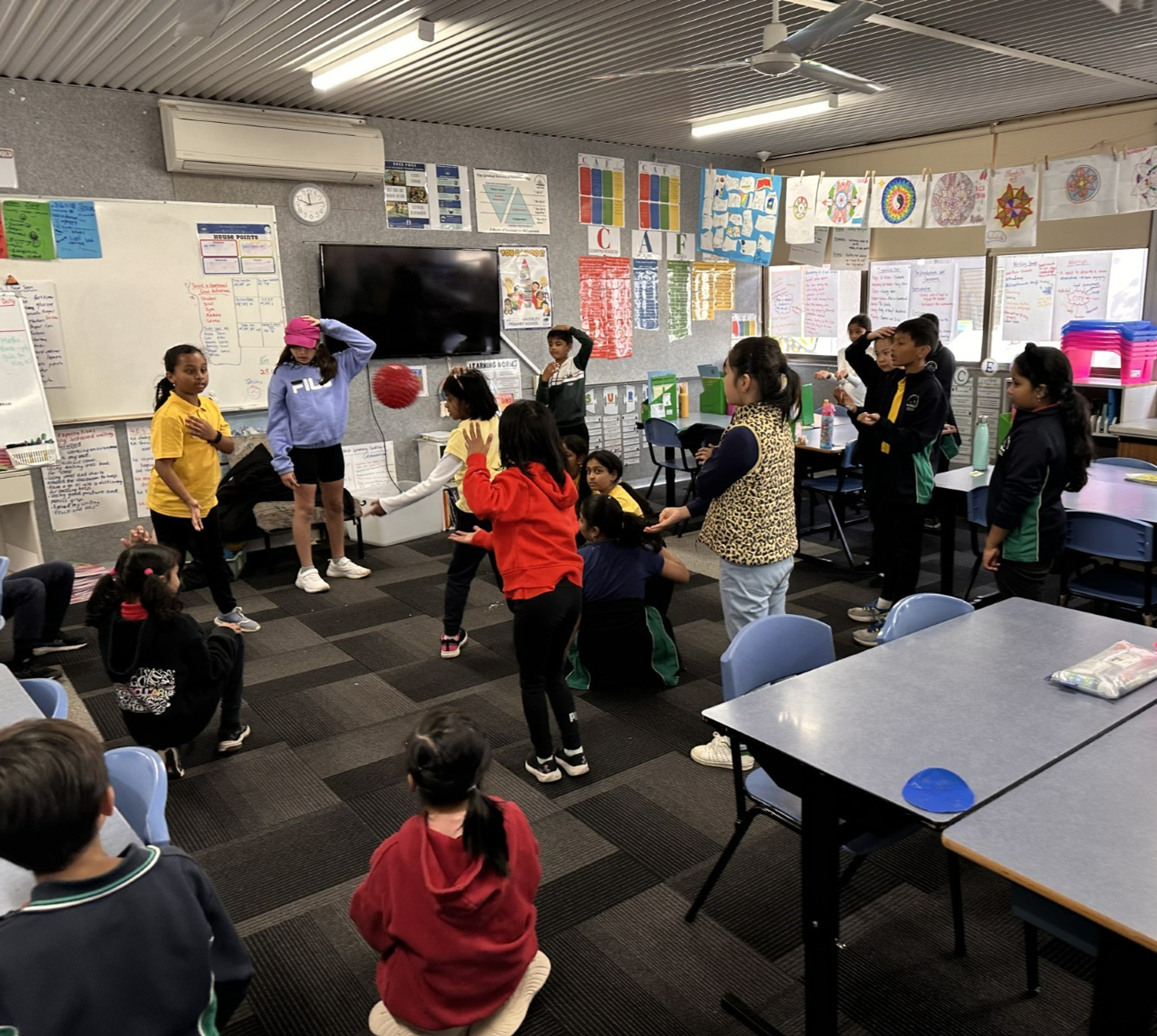
Dear Parents and Guardians,
Welcome back to another exciting term of learning at Glen Waverley Primary School. Term One has come and gone by rather quickly, however, the learning was deep and meaningful. We saw our students deepen their understanding and connection to their own culture during Cultural Diversity Week and further their knowledge of health, habits and influence through our Inquiry unit. A highlight of our learning came through our incursion, where we explored additional strategies to work through the Zones of Regulation.
We are all looking forward to an interesting, rigorous and productive term of learning.
Important Dates
- May 29th- June 2nd - Education Week
- May 20th – Open Morning, 9.00am - 11.00am
- June 12th – King's Birthday Public Holiday
- June 23rd - Last day of Term 2. 2:30pm finish.
- July 10th – First day of Term 3
Reading
In Term Two, our Level 4 students will be focusing on analysing both fiction and non-fiction texts. We begin with our exploration of information reports, where our learners will focus on identifying the main idea and supporting details during reading. Through this, they will be learning the skill of paraphrasing information transferring this into their writing of information reports. Additionally, our learners will explore poetry, where they will be analysing the themes, narratives and the messages within them and how the author has conveyed these. Students will have an opportunity to engage through a global lens as we unpack, analyse and compare poems from other cultures. Students will also continue to develop their personal reading goals that align with our CAFÉ strategies. They will develop these skills through collaboration with their peers to promote Speaking and Listening, as well as through individual conferencing.
Below are suggestions on how you can support your child at home:
- After your child has completed their reading ask them what the main idea and supporting details of the book are.
- Share poems from your childhood or from your culture and discuss the features and language within the poem E.g. Figurative language such as similes and metaphors.
- Encourage your child to read a variety of books (both fiction and non-fiction) from a range of different authors.
- Listen to your child read and ask them questions about the text.
Writing
This term in Writing, Level 4 students will be developing their skills in creating Information Reports. Students will analyse a variety of information reports in reading and transfer their knowledge of structure, topic sentences and language features into writing their information reports. They will have an opportunity to work towards their personal VOICES writing goal through all writing sessions and during Sustained Writing weekly. Later this term, students will be exploring poetry and the effect it has on the reader, with a focus on free verse poetry. They will be investigating the elements and features of poetry in reading and transferring this into their own poems. Students will be provided with opportunities to apply their understanding of emotive and descriptive vocabulary, while exploring the impact poetry can have on the reader.
Below are suggestions on how you can support your child at home:
- Research a topic that interests both you and your child, co-creating an information report
- Break down sections and talk through why you made the choice to put information under a subheading.
- Created a shared poem at home together.
- Create a bank of words that both you and your child find interesting that can be used within a poem.
Spelling
In Spelling, students will continue identifying and inquiring into their personalised words, chosen from misconceptions in their writing and inquiry. This will allow them to gain a deeper understanding of spelling patterns and strategies. There will be a focus each week and we are currently exploring tier three vocabulary related to our inquiry learning (scientific words). At home, you can ask your child what they have learnt from their individual spelling inquiries, and how they are applying their personalised words and practicing them during Home Learning opportunities.
| Key words for literacy | Information Paraphrasing Credible sources Flow Free Verse |
Mathematics
In Mathematics, we will begin by investigating Statistics and Probability. Students will explore how data can be collected, such as through observation or surveys. They will analyse and interpret observational data sets, before representing them in graphs.
Level 4 students will also deepen their understanding of volume, capacity and mass within our unit of learning on Measurement and Geometry. They will transfer their prior learning of these concepts to estimate, measure, compare, and convert units of measurement.
Lastly, students will explore fractions and decimals within Number and Algebra, in particular making connections with percentages. They will also learn these concepts by exploring their use and application in real life scenarios.
To support your child at home with their Mathematics learning, you may find the following real-life tasks helpful:
- Collect data on questions that interest them e.g. Who does the most house chores at home per week?
- Ask your child to estimate the volume/capacity/mass of objects around home e.g. Containers in the fridge, during mealtimes, washing dishes, lego building, vases, boxes, etc.
- Calculate or measure the volume or capacity of a variety of the above objects at home.
- Use scaled instruments during cooking or baking e.g. measuring cup or jugs or scales.
- Use real life data representations such as water or electricity bills, or cooking, to better understand mathematical concepts - discuss the features of the table/graph and what important information it’s telling you, how decimals and fractions are used, etc.
| Key words for Mathematics | Data Graph Volume Mass Measurement |
Inquiry
In Term Two, students will be investigating the inquiry question of ‘How are chemicals used in the world around us?’ through the lens of chemical science. Students will explore the difference between natural and processed materials, the states of matter and properties that make a product. The learners are exploring how chemicals are used and how they can have both positive and negative impacts. Deepening their thinking of how people around the world make choices on the types of chemicals they use. The learners will discover how different natural chemicals are absorbed, inhaled and ingested through hands-on investigations, to gain a deeper understanding of our inquiry question. A key element of the inquiry unit involved transferring and thinking deeply about our Sustainable Global Goal 11 ‘Sustainable Cities and Communities’. We look forward to encouraging your children to develop deep questions to be investigated regarding the purpose of chemicals and their sustainable production.
To support your child at home, you may find the following experiences helpful:
- Investigate everyday chemicals found within your home and how you use them.
- Discuss what the purpose of chemicals and how they are used.
- Include children in cooking to look at how heat can impact different chemicals.
- Reflect on what chemicals are being used in your environment/local community.
- Discuss ideas around how to make positive choices in the chemicals being used at home.
| Key words for Inquiry | Chemicals Natural Manmade or Processed Properties Materials |
YCDI
In Term Two, Level Four students will be deepening their understanding of the School Values of Respect and Empathy through building new healthy connections within their classroom community and with their buddy classes’. They will explore self-respect, respect in the classroom and respect in the wider community. Through exploring self-respect, students will be supported to articulate their productive struggle and steps to their success by connecting their thinking to the Learning Intentions and Success Criteria of lessons. Learners will be reflecting on their feelings and emotions whilst at school and how this can impact the way they learn, grow and engage whilst at school.
| Key words for YCDI | Comfort Self-respect Impact Regulating emotions Emotions |

